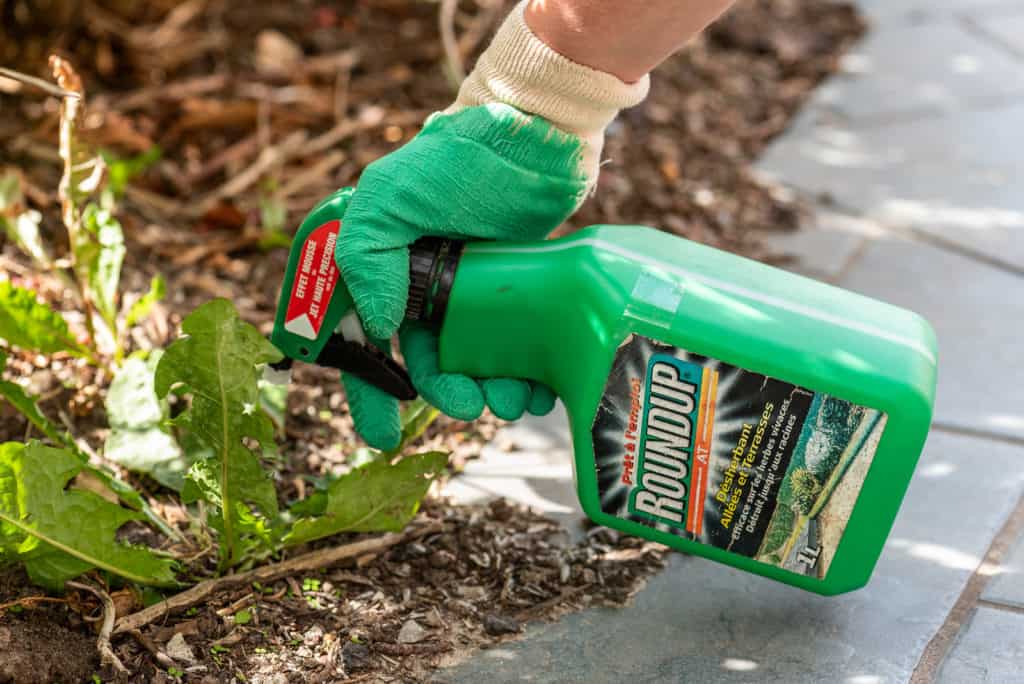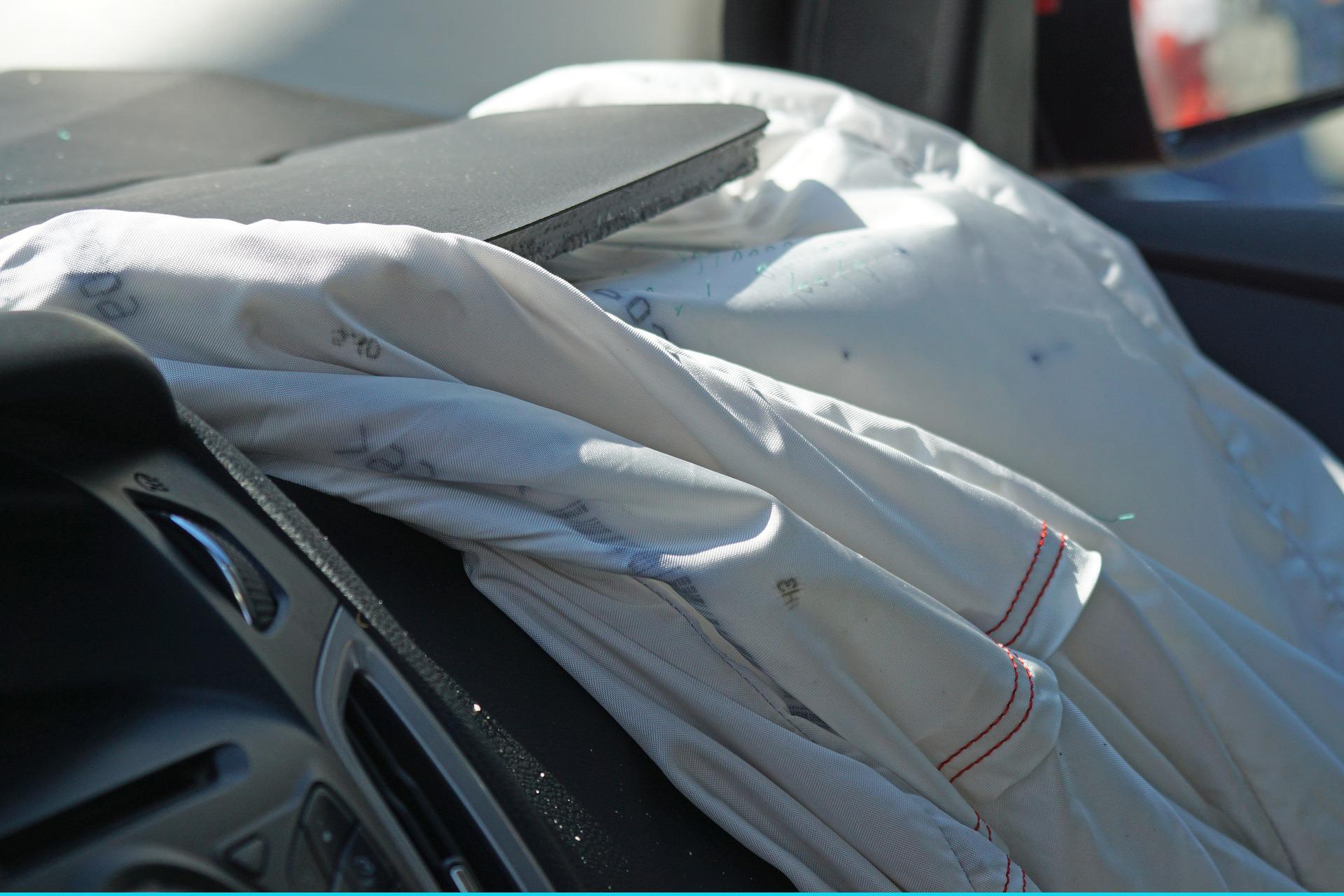A California judge has granted an expedited trial in a case involving a couple suffering from cancer who sued Monsanto, alleging that its glyphosate-containing Roundup product caused their disease. Superior Court Judge Ioana Petrou ordered the expedited trial, slated for March.
The plaintiffs, who are in their 70s, claim that their regular use of Roundup between 1975 and 2011 caused them to develop non-Hodgkin lymphoma. They filed their lawsuit in 2017 after each being diagnosed with the cancer in 2011 and 2015.
Earlier in the year, their lawyers asked for an expedited trial, citing the couple’s short life expectancy and risk of relapse.
News of the trial comes after a $289 million verdict in the first glyphosate trial in San Francisco. The jury found Monsanto liable for causing a school groundskeeper’s cancer. Damages in that case were later reduced to $78 million.
Bayer, Monsanto’s parent company, has denied the allegations and said it will be appealing the decision.
Petrou’s ruling paves the way for a second jury trial over glyphosate, the active ingredient in the weed-killing Roundup product. The trial is scheduled to begin March 18, 2019, according to a court filing.
“While we have great sympathy for the plaintiffs, we are confident that our glyphosate-based herbicides were not the cause of their injuries and we will vigorously defend them at trial,” the said the company in a statement.
Jury trials over glyphosate will ramp up next year, including a trial in Missouri and one in San Francisco federal court.
Bayer maintains that its glyphosate-based products do not cause cancer, citing scientific studies and regulatory approvals that show the chemical to be safe.
In September 2017, the U.S. Environmental Protection Agency concluded that glyphosate was not likely carcinogenic to humans. However, the World Health Organization’s cancer unit classified glyphosate as “probably carcinogenic to humans” in 2015.


